Podcast: Download
Subscribe: Apple Podcasts | RSS
 We’ve all been there. Drudging through a book that’s hard to grasp without any decent reading comprehension strategies.
We’ve all been there. Drudging through a book that’s hard to grasp without any decent reading comprehension strategies.
What started out with such enthusiasm soon becomes a joyless task.
‘’What does that mean?’’ you cry out.
And just as soon as you start getting into a reading flow… you’re rewinding again. It’s a killjoy. It sucks the pleasure out of reading.
It’s enough to make you quit.
And the scary thing is you miss out on so much when your reading becomes stagnated.
But reading comprehension strategies are not just for teachers or struggling students. Mature learners need to keep pace with the younger generations and test their comprehension, too.
With better comprehension, you can remember and use more of what you read.
Here’s what we’ll cover today:
1. Something’s Missing From Your Learning Toolbox
2. Be Purposeful For Pleasure’s Sake
3. Physical Books — One Antidote to Digital Amnesia
4. Evaluate and Expand Competence
5. Monitor Understanding To Leap Ahead and Recalibrate
6. Recognizing Story Structure and Maps
7. Generate Questions to Branch Out
8. Make Inferences (and Predictions) Along The Way
9. Seeing With Graphic Organizers
10. Summarizing And Panning for Gold
11. Memory Palace a Stairway To Heaven
12. The Major Method — Where Numbers and Letters Collide
13. Input-Output Lifestyle Choices
The Four Levels of Reading
Your Next Chapter!
Let’s jump in, or if you prefer watching:
1. Something’s Missing From Your Learning Toolbox
How do you improve reading comprehension?
Maybe you’re a teacher and want to help your students with reading comprehension. Or you’re simply trying to uncover reading comprehension strategies for adults. Whatever the case, you realize it’s not just the topic you need to master first, but the correct tools for learning.
In a well-known essay, Dorothy Sayers discusses the lost tools of learning:
‘’Although we often succeed in teaching our pupils ‘subjects,’ we fail lamentably on the whole in teaching them how to think: they learn everything, except the art of learning.”
Since reading uses the information you already know, better memorization leads to clearer reading comprehension. The result? You can understand and remember more of what you read. The cumulative effect is powerful.
2. Be Purposeful For Pleasure’s Sake
Being purposeful about your reading goals and the reading techniques you use aids comprehension in and of itself. Drill down into your intentions and ask, ‘’what’s in it for me?’’
Why are you reading anyway? If reading isn’t meaningful it can become an empty pursuit. It’s another reason people quit in the second round.
On the other hand, when your reading is aligned with a clear aim, enjoyment follows. Not only that, it aids your memory as time marches on because:
Pleasure is instantly easier to remember!
If you’re still uncertain, start with steps that feel more basic.
For example, start practicing regular reading with less challenging novels — this will blend enjoyment and momentum. Then when you decide to tackle tougher books your comprehension skills are already well-honed.
3. Physical Books — One Antidote to Digital Amnesia
While digital books have many excellent benefits (cost, search ease, mobility, sustainability, sharing) it’s worth remembering the trusty paper book.
But why would you choose physical books over digital or eBooks?
For one thing, your precious memory plays a vital role in reading comprehension.
Digital amnesia affects our cognitive ability to remember – and learn more – faster. Since your aim is to become a better reader through magnetic memory, paper books help to:
- Index the material better in your mind
- Reference and re-reference while reading
- Keep the books visible
- Use reading to practice Digital Fasting
- Remember page numbers and details
- Assimilate reading into your life, and…
- Demonstrate the values and virtues of reading from real books and remembering as much as possible from them
In a world of devices, wi-fi, hotspots, and tabs… your physical book can become a spiritual retreat.
4. Evaluate and Expand Competence
Let’s face it: some textbooks are long and (frankly) scary. Every reader can struggle with how these books are presented — with lengthy paragraphs and sentences, and challenging vocabulary.
A good place to start is to evaluate your strengths and weaknesses. The trick is to gauge your level of competence and gradually expand it (E.E.C. = Expand Existing Competence).
- What does your typical reading session look like?
- Do you start daydreaming after 30mins as your energy drains?
If so, try to push 10 minutes beyond. You might use a Pomodoro timer to take a break after 30 minutes.
It helps to understand your levels of processing effect in the Big Five of Learning:
In other words, your ability to read, write, speak, and listen comes from memory. When you read, write, speak, and listen you put comprehension into memory in the first place.
Memory to Read –> Reading to Memory
It’s a perfect circle that highlights the importance of developing a better memory.
5. Monitor Understanding To Leap Ahead and Recalibrate
Monitoring is about realizing what you know, what’s unclear, and any gaps in your understanding. The method helps you find the blockers to comprehension. By defining issues with comprehension you can tackle them head-on.
Einstein said:
“If I had an hour to solve a problem I’d spend 55 minutes thinking about the problem and five minutes thinking about solutions.”
When you write, listen, and speak about a text you reflect on its meaning.
It’s a chance to move from vagueness to better clarity. The offshoot is, you can zone in and identify blockers and get misconceptions out of the way.
Also, ask for help.
By sharing your thoughts with a study partner you can get valuable feedback too. This feedback loop can enhance your understanding and uncover any confusing passages. Monitoring comprehension can help you to read more books and supercharge your subject knowledge. This is all part of developing mental strength.
6. Recognizing Story Structure and Maps
Mature learners can benefit from recognizing a story’s structure.
It highlights the branches an author uses to structure the text. The contents, headings, and bibliography sections are obvious places to start. By further delving into the order of the subheadings, the setting, events, and characters begin to unfold.
It’s no surprise that you can also start to guess the theme and predict what might happen. Using your imagination in this way is bound to improve your reading comprehension.
7. Generate Questions to Branch Out
It’s only right that grown-ups should take a more proactive stance to learning. And there really are no silly questions when it comes to your reading goals. Let’s face it, who’s listening? Because this is more like self-reflection behind closed doors.
The mental process of elaboration involves repeatedly asking the classical questions: “who, what, where, when, why, and how?” By questioning and eliciting answers, guesses or theories, you can boost your understanding of a text.
Rather than just reading and being a reactive passenger, you’re driving to understand the context. You engage more with what’s going on through questions. And instead of a mundane reading challenge, you turn the pages with a new curiosity.
Depending on your reading genre you can create unique questions to aid memory and faster learning.
8. Make Inferences (and Predictions) Along The Way
Research by Robert Marzano (2010) states that inference is a foundational 21st-century skill for higher-order thinking.
So how do you make inferences in a book you’re reading?
Four words — ‘’read between the lines’. Inference involves drawing conclusions from what’s implied rather than stated directly. Put simply, you use what’s known to make a creative guess about what you don’t know.
Inference as a reading skill is about searching for clues in the text to figure out what’s being said from the context.
Then through your exemplary best judgment, you can land on what’s being suggested.
Whether your inferences turn out to be wrong or right, you start to glean value and construct meaning.
That just means you have to adjust your thinking as you read.
For example:
- What’s not being said?
- Based on these clues I think….?
- Because of the way these characters act it means….
- I think….will find an escape route because….
- I predict….will get married
- I wonder if….Mr….is the actual villain
- I suppose….might become the leader
- I predict…. will fail
It’s useful to look over Nonaka and Takeuchi (1997) to get an idea of the differences between tacit and explicit knowledge.
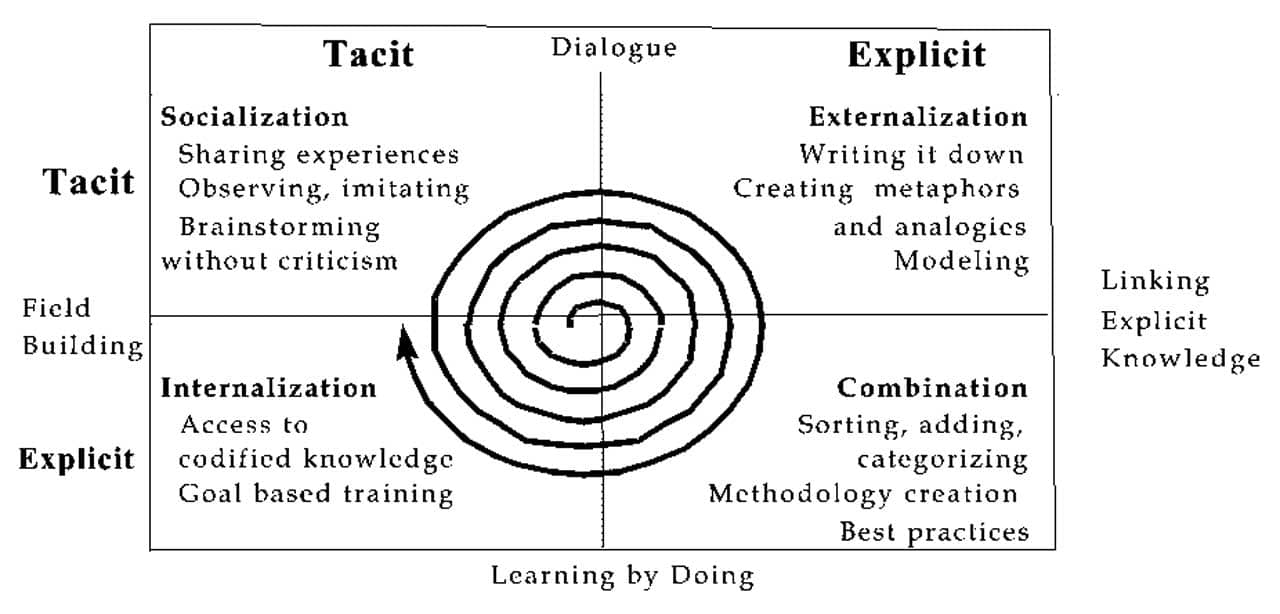
9. Seeing With Graphic Organizers
“A picture is worth a thousand words.” It’s true — many words can be conveyed in a single image.
A graphic image has the power to distill big ideas into a bite-size visual. Like rote learning, graphic organizers can boost your reading understanding. Graphic images are often more suitable for expository or information type books.
It’s no surprise that presenting concepts and connections graphically helps you remember them.
It helps draw your attention visually to various features in your book. With a little imagination, mind maps and tables work well because they help you understand, memorize, and learn faster.
Here are a few examples of graphic organizers:
- Tree diagrams – categories and hierarchies
- Tables – compare and contrast data
- Time and cycle diagrams – order of events (biology, life, water cycle)
- Flowcharts – steps of a process
The hierarchy of knowledge is another reading comprehension idea to consider. It’s about the relationship between data, information, knowledge, and wisdom. This becomes more important when you need to make a graphic organizer.
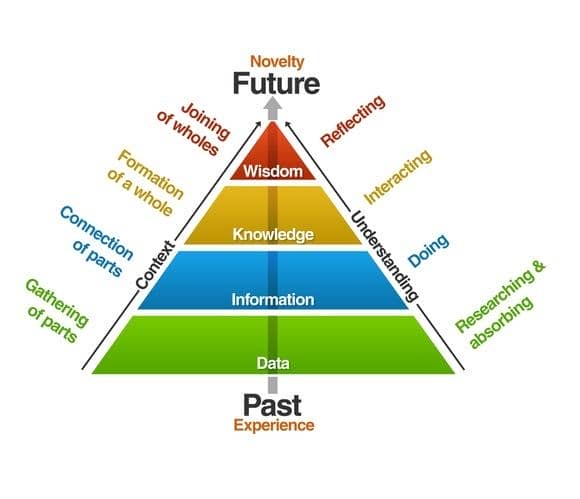
10. Summarizing And Panning for Gold
Prior to summarizing it’s helpful to do intelligent highlighting while reading.
Decide beforehand how many key points you plan to memorize in the chapter. There’s rarely any need to do a total recall and try to memorize everything. That’s why proper goal setting helps you make a scope limit — it forces you to zoom in on the main ideas. Scott Young’s Ultralearning is great for more tips on this aspect of improving your reading missions.
Rereading can help to uncover any summary information that you mysteriously can’t remember. Like retelling, the process of summarizing condenses the main points into your own words. It’s like panning for gold. Once you’ve found some nuggets, you disregard the sand. Afterward, you can feel satisfied with a summarization mini-chapter.
Periodically, stop reading to contemplate on the main ideas in the text. This forces you to combine the key points into a clear outline. You could use new vocabulary as mental triggers when summarizing.
A good summary should paint an honest account of the big picture. The offshoot is that long passages appear less daunting.
‘’The more you share knowledge the more you memorize it. Share it, save it.’’
The process of sharing isn’t confined to your latest book. Try to practice making summaries of podcasts you listen to, informative videos you watch, or interesting conversations you have.
11. Memory Palace a Stairway To Heaven
The memory palace technique is a classical tool used in the ancient world. (Check out The Memory Code for the fullest possible depth of history.) It can boost understanding of books, since remembering information is a big part of why we read.
It’s a top recommended technique of memory champions and experts in the field. A Japanese man, Akira Haraguchi, recently demonstrated its power by memorizing π to 111,700 digits!
So how does the Memory Palace technique work?
- Begin with association. You associate each piece of information you want to memorize with parts of a location you’re very familiar with; usually, your house is a good start.
- Since you know this location very well, you place items you wish to memorize along a linear route through your house.
- These are mental constructs you build in your imagination.
- When you want to recall the information, you go through your mental route, and the information will be easily accessible.
- When you add surprise characters and features to your memory palace, it helps make your Memory Palace even more effective.
You can also learn more about leveraging your imagination with Memory Palaces.
12. The Major Method — Where Numbers and Letters Collide
The Major Method is named after Major Beniowski. The earlier Major System (another term for it) was developed by Aimé Paris. He was world-renowned for his work in memorizing numbers. And thank goodness. His contributions have helped many thousands of people connect what we already know with what we don’t know.
Even with aphantasia, working with these techniques leads us to one incredible equation:
Exercising Your Memory = Improving Your Concentration = Better Reading Comprehension
The Major Method works by creating associations between numbers with sounds. Usually, a number is linked with a corresponding consonant like in this pattern below:
0 = soft c, s or z
1 = d, t
2 = n
3 = m
4 = r
5 = l
6 = ch, j or sh
7 = g, k
8 = f or v
9 = b or p
For example: to memorize the number 22 could be ‘nun’. Adult learners can use this sound-word association to memorize many numbers. All of this will come in super-handy when you know how to memorize a textbook.
Combined with a Memory Palace, you can use the Major to link numbers with other concepts you want to remember, like this:

13. Input-Output Lifestyle Choices
Lifestyle choices like taking care of diet, sleep, exercise, and meditation are often overlooked factors in reading (and learning in general).
Exercise: With people leading more sedentary lifestyles, health has never been as important. Regular physical exercise plays a big part in academic performance. A fertile mind enhances your creative energy.
Digital fasting: Mature learners are probably more adept at blocking out digital distractions. The aptly named smartphone is dumbing down our memory. Simply stepping away from devices can boost your focus and concentration powers. As a part-antidote to digital amnesia, reading leads to better brain health.
Diet: Our mind and body is a highly sophisticated organism. Yet some people live off processed artificial food and drink, and wonder why they’re ill so often. Eating more natural whole foods and avoiding refined sugars can help you become a higher performer.
Sleep: There is a good reason why airline pilots must get eight hours of uninterrupted sleep before flying. It leads to peak concentration and better overall performance.
Meditation: Meditation helps keep you on track with your vision. You can gain inner relaxation to keep you centered on what’s important. Whether it’s reading comprehension or memorizing numbers, meditation helps you to stay focused while everyone else falls by the wayside. It helps with visualization while reading too.
Bonus: The Four Levels of Reading
The team at Educational Technology and Mobile Learning put together an amazing infographic explaining the four levels of reading every student should know.
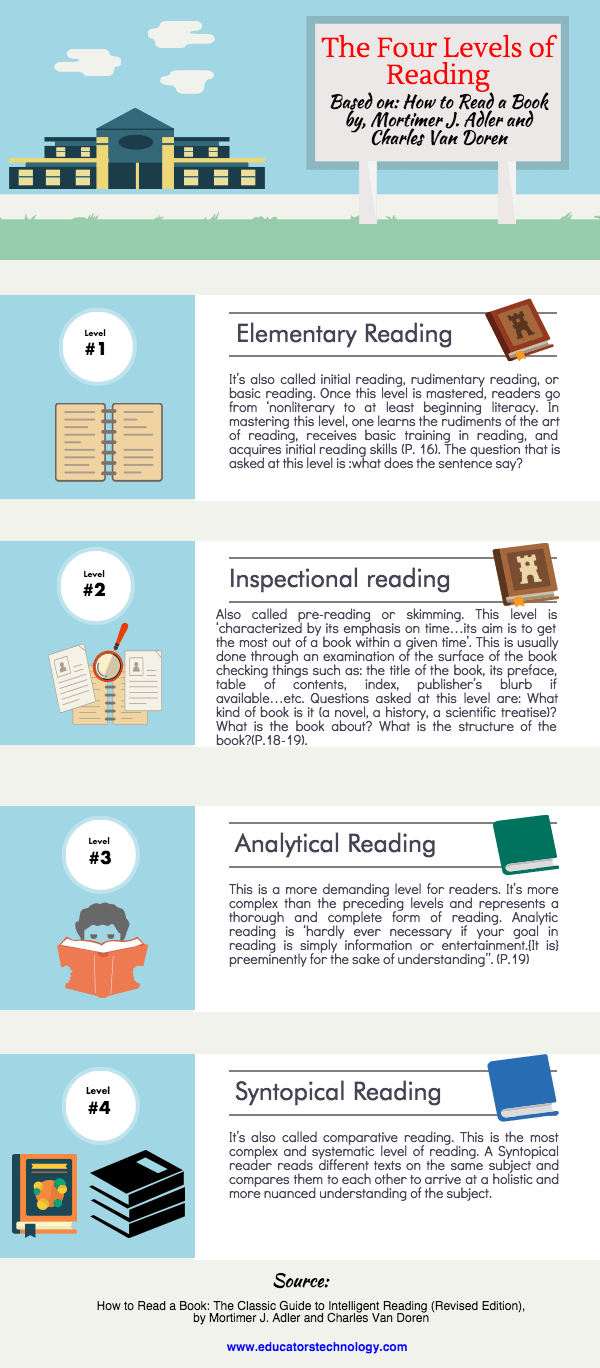
Your Next Chapter
Remember that frustrating feeling when you couldn’t grasp that new book? Having to ‘rewind’ through pages and paragraphs to eke out some understanding?
Instead of a dampened mood because you know you’re missing out on the valuable insight you need, reading comprehension strategies can help you race through the books you’ve always wanted to read.
It’s a fundamental skill that will serve as a tool to unlock any subject matter. You can truly leverage reading comprehension to achieve any goal like starting a business, passing exams, growing smarter, and contributing to brain health and concentration.
But you won’t make progress or increase your crystal and fluid intelligence without taking action. Pick one of the reading comprehension strategies in this post today, and start with full-on 20/20 vision to supercharge your reading comprehension skills.
And if your memory could use a boost along with your reading comprehension, register for my FREE Memory Improvement Kit and training videos:
Related Posts
- 5 Proven Visualization Reading Strategies For Comprehension And Memory
What is a visualization reading strategy and how does it affect memory and comprehension? This…
- How to Concentrate on Studies: 11 Research-Backed Tips
Have trouble focusing and need to learn how to concentrate on studies? This post teaches…
- How to Study Fast: A Guide To High Volume Learning At Speed
If you'd like to know how to study fast, this practical podcast shares the best…



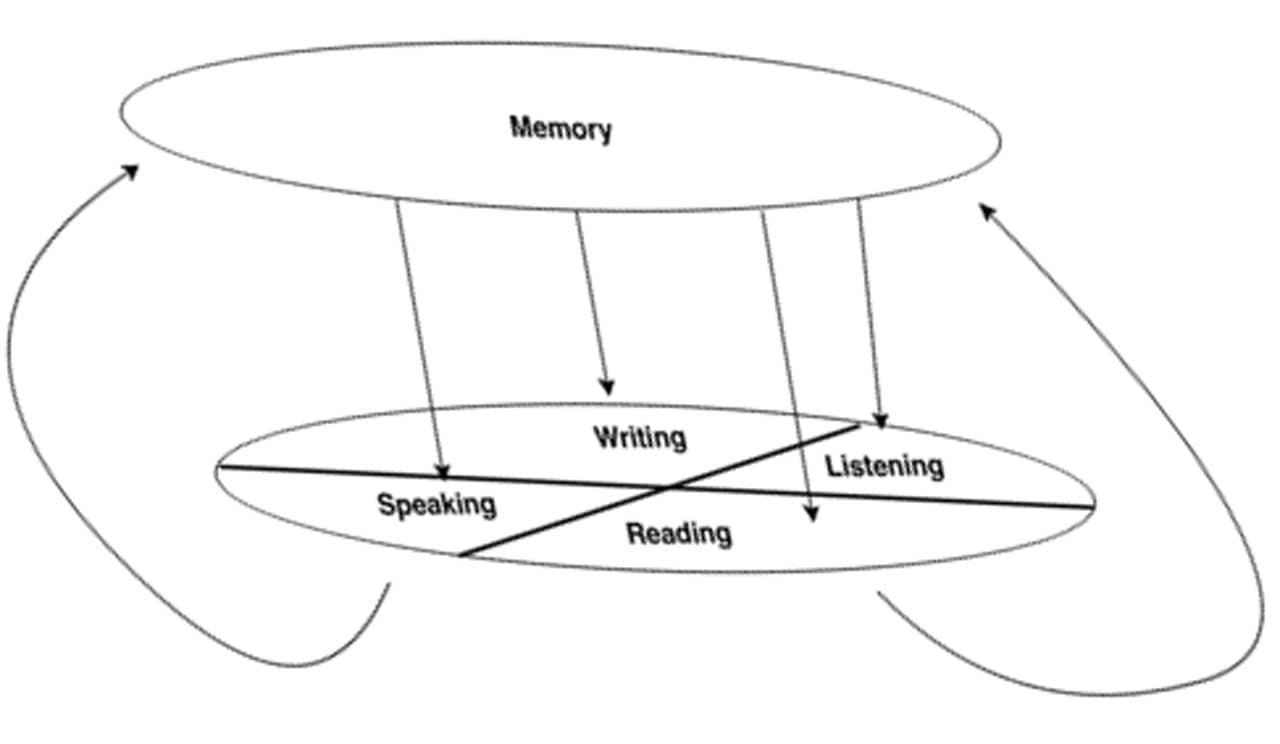
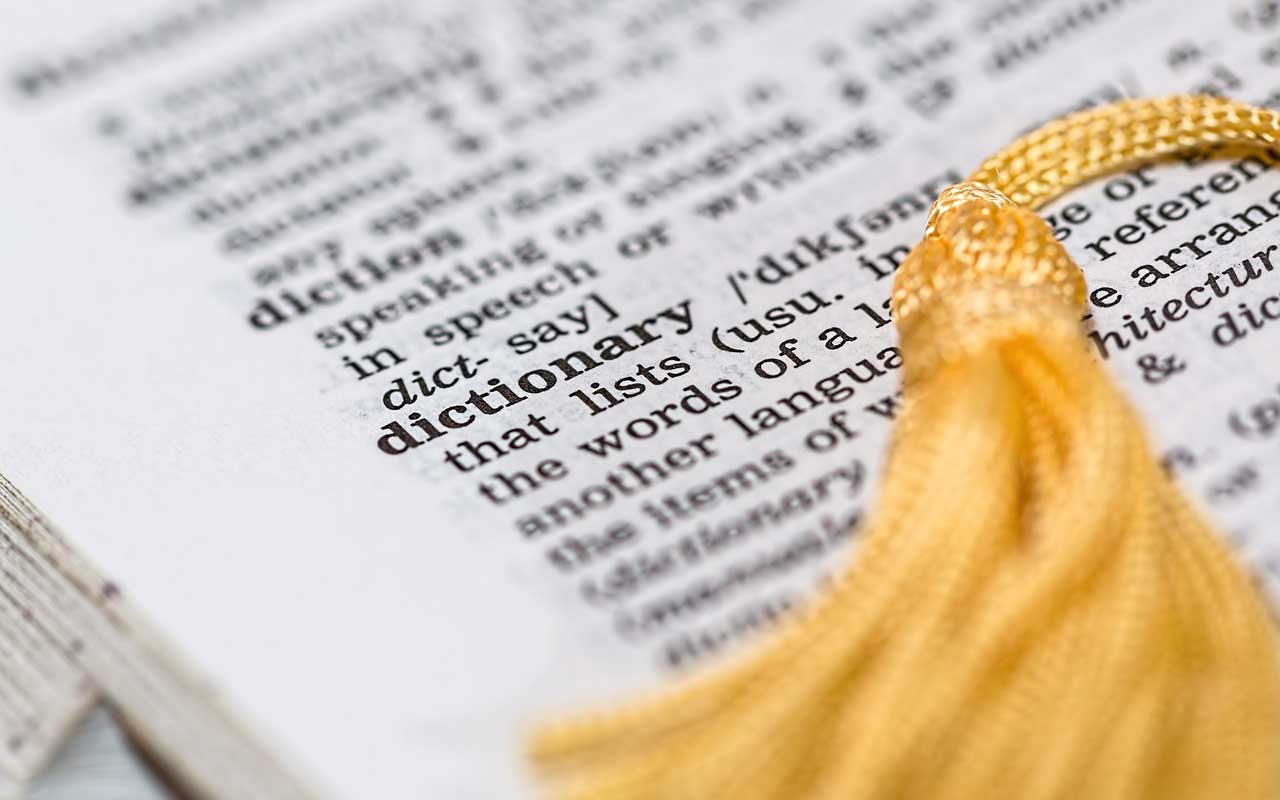

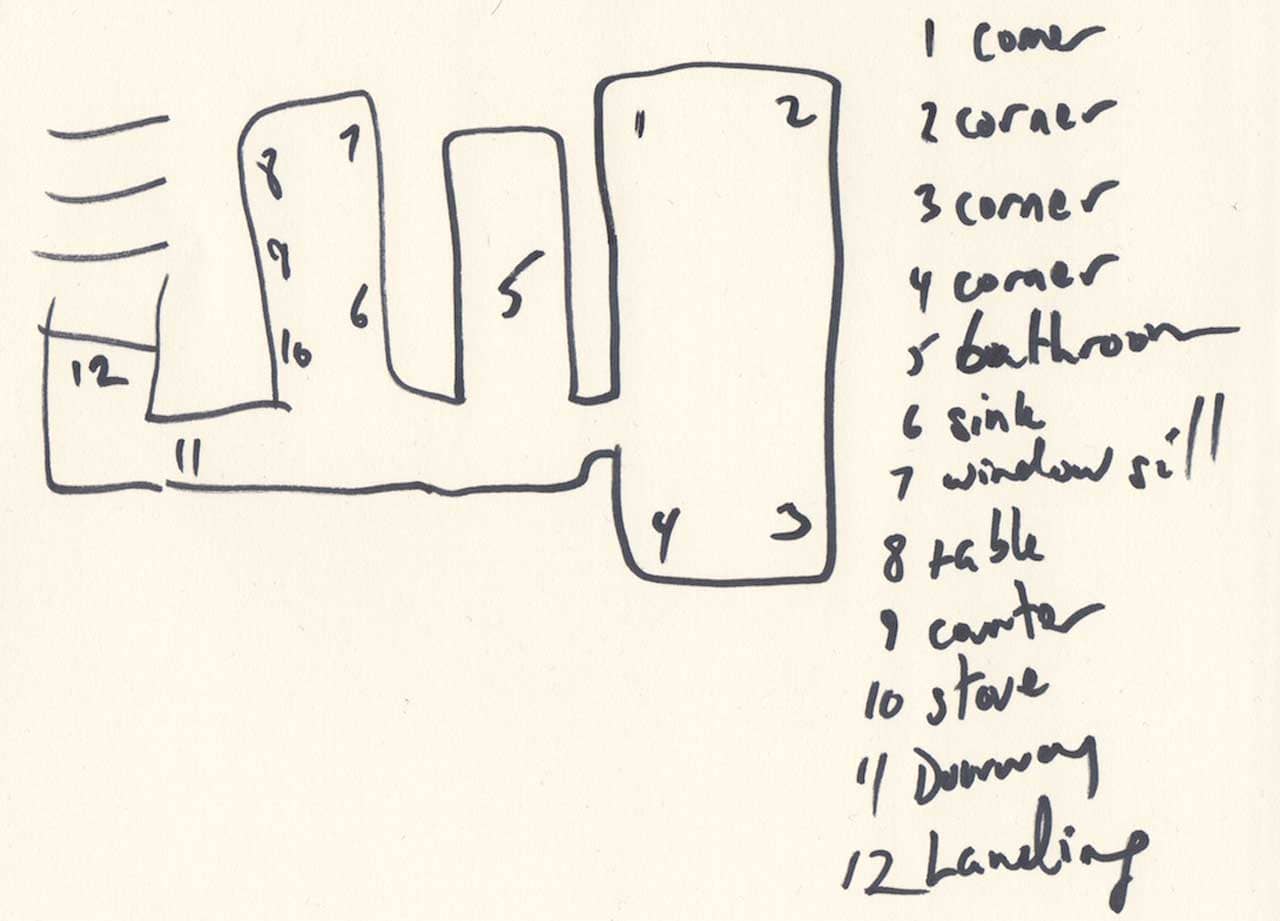
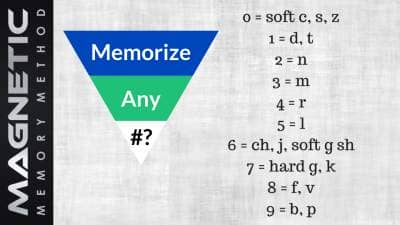






2 Responses
This is the golden ticket to understanding what I read.
Thank you for recording this podcast Anthony. It is much appreciated.
Thanks for checking it out, James. Always great to hear from you on the blog and glad you like this one.
Anything you’d like to have covered next on the program?